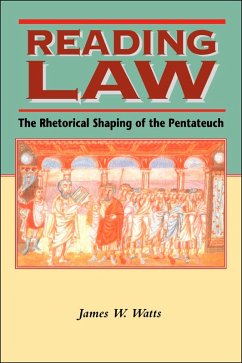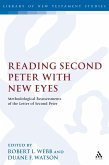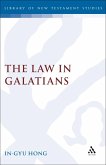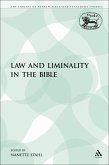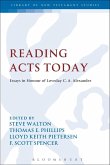Watts here argues that conventions of oral rhetoric were adapted to shape the literary form and contents of the Pentateuch. The large-scale structure-stories introducing lists of laws that conclude with divine sanctions-reproduces a common ancient strategy for persuasion. The laws' use of direct address, historical motivations and frequent repetitions serve rhetorical ends, and even the legal contradictions seem designed to appeal to competing constituencies. The instructional speeches of God and Moses reinforce the persuasive appeal by characterizing God as a just ruler and Moses as a faithful scribe. The Pentateuch was designed to persuade Persian-period Judaeans that this Torah should define their identity as Israel.
Bitte wählen Sie Ihr Anliegen aus.
Rechnungen
Retourenschein anfordern
Bestellstatus
Storno

